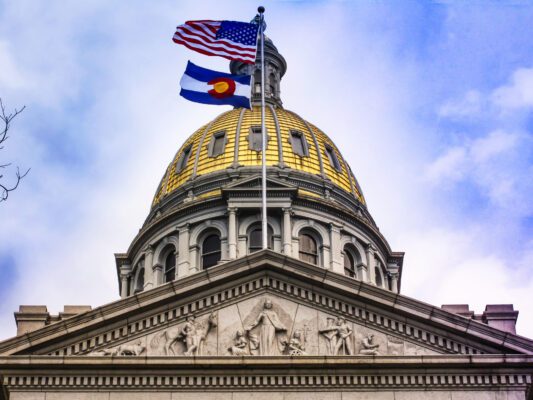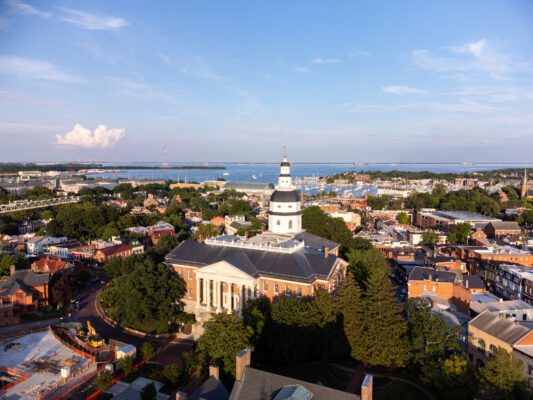Tomorrow, the electorate of Alabama, Oregon, and West Virginia, will vote on ballot measures about abortion. If passed, each referendum will help to bolster the rights of unborn children.
With two newly confirmed Supreme Court justices, there is significant discussion about Roe v. Wade being overturned. What is often missed in these discussions is that the legal questions about abortion would then be legislated and determined at the state level. Here’s what you need to know about these abortion referendums:
1. The amendments in Alabama and West Virginia are very similar in nature. They both include the language, “Nothing in this Constitution secures or protects a right to abortion or requires the funding of an abortion.” This is critical because, should Roe v. Wade be overturned, it will prevent the constitutions in these states from being used as a tool to defend abortion rights. Both of these states are among a list of several pro-life states that will quickly move on a vote to ban abortion should Roe be overturned. Though neither state has a “trigger ban” in place (which would immediately change the legality of abortion in their state), the legislature would likely hold a vote soon after a landmark Supreme Court decision.
These two constitutional amendments are modeled directly after Tennessee’s Amendment 1 that passed in 2014. The Tennessee amendment, which has become the national standard for pro-life states, allowed Tennessee to pass common-sense abortion regulations that were previously blocked by an early 2000s Tennessee Supreme Court decision that ruled Tennessee’s constitution had broader protections for abortion than the U.S. Constitution. We can expect state legislators in Alabama and West Virginia to follow Tennessee’s lead by passing similar common-sense protections for vulnerable women and children if their amendments pass.
2. While all three amendments address funding of abortions, Oregon’s Measure 106 deals exclusively with the issue of state funds. Oregon, one of the nation’s most pro-choice states, is voting to amend their constitution to state that “The state shall not spend public funds for any abortion, except when medically necessary or as may be required by federal law.” In doing this, Oregon would join 32 other states who only use taxpayer funding for abortions in very limited and rare circumstances. Oregon is the only state in the United States that has no abortion restrictions at any stage of a pregnancy. Oregonians championing Measure 106 have emphasized this point in advocating for why people should support the amendment. Though this amendment does nothing to directly limit abortions, it would limit the citizens of Oregon from funding abortions with their tax dollars.
3. Alabama’s Amendment 2 goes beyond the language of Tennessee’s Amendment 1. While the Tennessee amendment clearly addressed the issue of abortion and its constitutionality under the state constitution, the amendment in Alabama also includes language that affirms the dignity of the unborn. The language is as follows:
(A) This state acknowledges, declares, and affirms that it is the public policy of this state to recognize and support the sanctity of unborn life and the rights of unborn children, including the right to life.
(B) This state further acknowledges, declares, and affirms that it is the public policy of this state to ensure the protection of the rights of the unborn child in all manners and measures lawful and appropriate.
This is important because, should the amendment pass, it will become the policy of the state to protect the personhood of the unborn in a way that the other laws do not mandate. It is likely that, from this, you will see legislators in Alabama pushing for more common sense regulations that will protect vulnerable unborn children in the state. This broader constitutional protection would also likely come under legal challenge as similar laws in Arkansas, Mississippi, Louisiana, and Iowa have.
These three referendums give a chance to voters to have a voice in how their states value unborn babies and other vulnerable women and children in state law. But even more so, they provide possible avenues for our court systems to rethink Roe v. Wade and Planned Parenthood v. Casey in addition to showing us what the debates might look like if and/or when these cases are overturned. In our pro-life advocacy, may we always seek to stand up for the dignity of every person at every stage of life.










